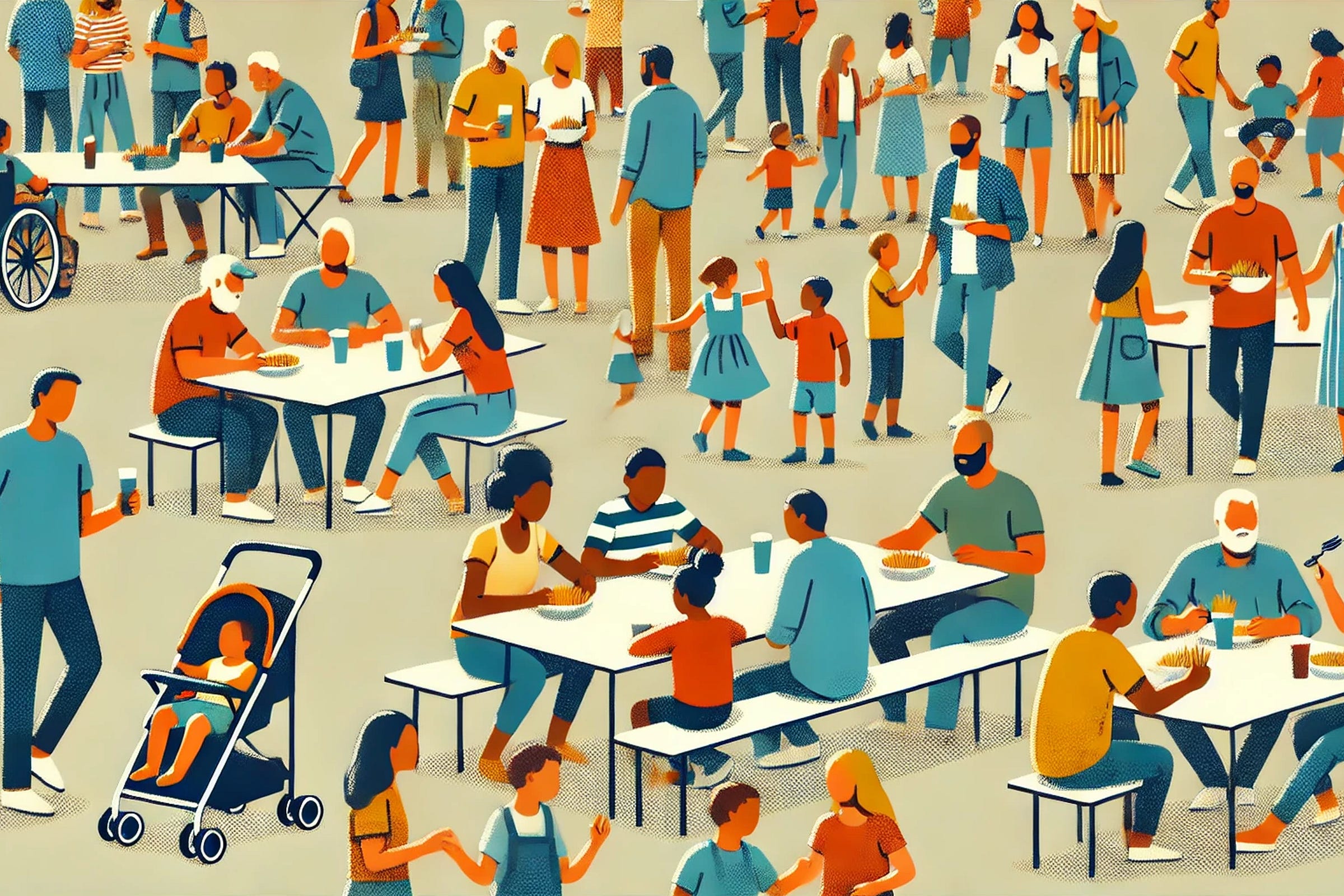Is the Decline in Community Life Driving A Rising Demand For Illiberalism?
We must rebuild the American community to keep extremists from overturning the existing social order.
Reality’s Last Stand is a reader-supported publication. Please consider becoming a paying subscriber or making a one-time or recurring donation to show your support.
About the Authors
Julian Adorney is a columnist at Reality's Last Stand and the founder of Heal the West, a substack movement dedicated to preserving liberalism. He’s also a writer for the Foundation Against Intolerance and Racism (FAIR). Find him on X: @Julian_Liberty.
Mark Johnson is a trusted advisor and executive coach at Pioneering Leadership and a facilitator and spiritual men's coach at The Undaunted Man. He has over 25 years of experience optimizing people and companies—he writes at The Undaunted Man’s Substack and Universal Principles.
Geoff is a Relationship Architect/Coach, multiple-International Best-Selling Author, Speaker, and Workshop Leader. He has spent the last twenty-six years coaching people world-wide, with a particular passion for supporting those in relationship, and helping men from all walks of life step up to their true potential. Along with Mark, he is a co-founder of The Undaunted Man.
American communities have been systematically hollowed out over the past 50 years. In Bowling Alone, Harvard political scientist Robert Putnam makes an exhaustively-researched case that confirms what most people who lived through this period already know: community life is on the decline. For most of the first two centuries of American history, people were enmeshed in a dense web of civic associations. We bowled together, attended church, participated in Rotary Club meetings, and volunteered for local political groups together. We played bridge with our neighbors and gathered for regular book clubs.
This vibrant communal engagement fostered a deep-seated trust among neighbors. In 1964, a remarkable 77 percent of Americans agreed with the statement, “most people can be trusted.” But starting in the 1970s, the fabric of American society began to unravel. The strong community bonds that once unified us began to fray, one by one; and our social capital (Putnam’s term for the “connections among individuals—social networks and the norms of reciprocity and trustworthiness that arise from them”) has decreased dramatically.











